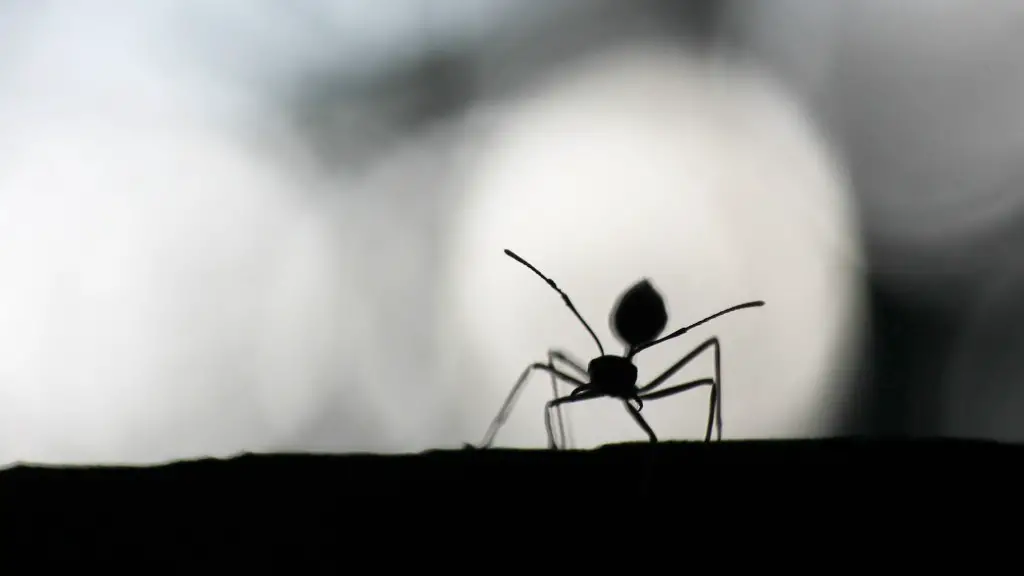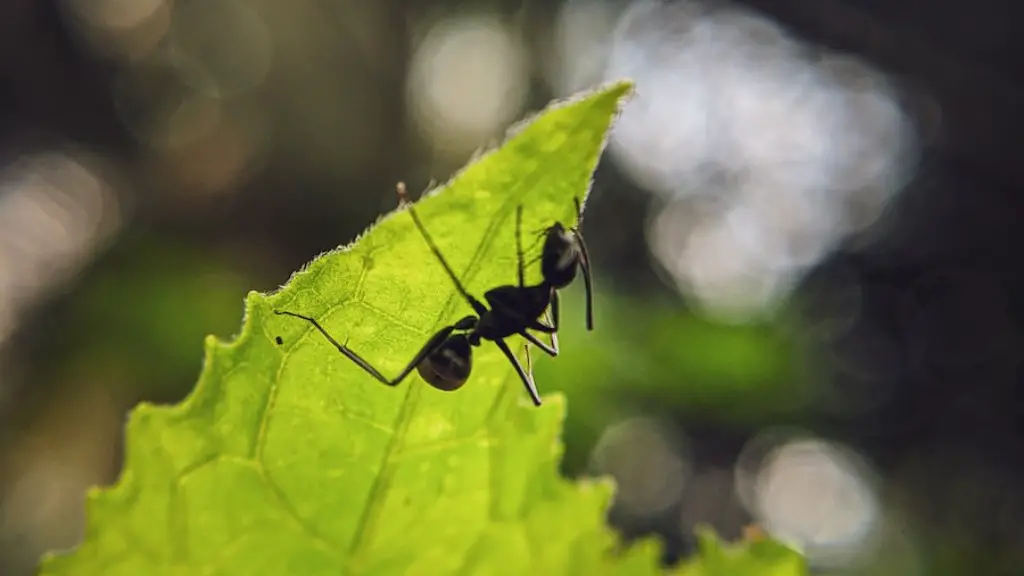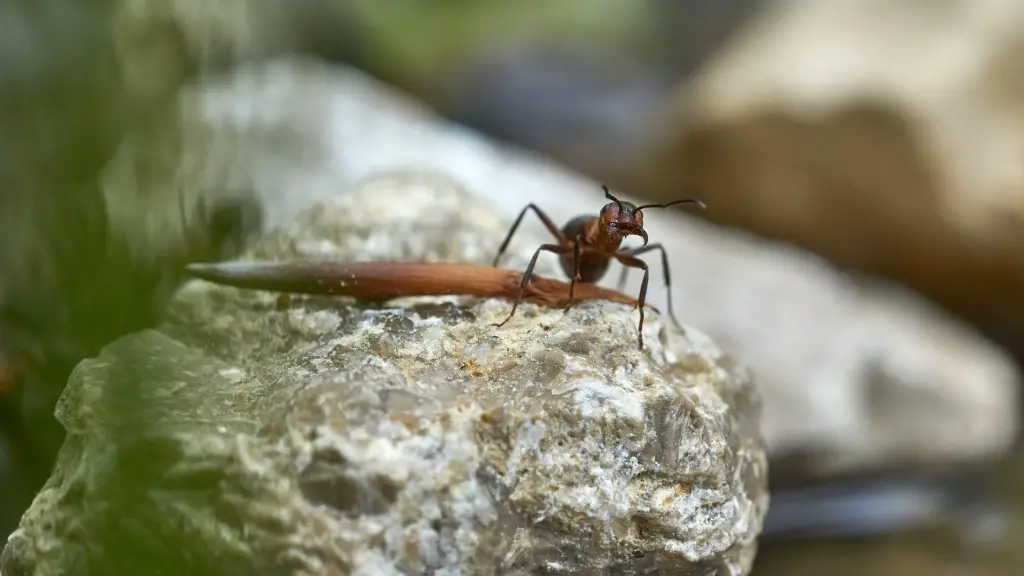What is a Sting Ant
Ants can produce a variety of defensive chemicals that they use to protect themselves. One of their most important forms of defense is their ability to sting. Ant stingers are made up of two parts: a poison sac and a sharp stinger. Some ants, such as fire ants, can even inject a poisonous venom when they sting. This can cause redness, swelling, and a burning sensation at the site of the sting. It can also be quite painful. So, can ants sting you? The answer is yes, although not all ants will do so.
When do Ants Sting
Ants will usually only sting when they feel threatened. This may happen if you disturb their nest or step on one. Ants are quick to defend their colony when they feel attacked and will launch a counter-attack by stinging or biting. Some species may even sting or bite in self-defense if they feel threatened on their own.
Do All Ants Sting
Not all ants are capable of stinging, and some species are completely harmless. Those that are capable of stinging have specialized structures called stingers. Fire ants, for example, have a venom-filled stinger at the end of their abdomens. When an ant stings, it injects this venom into the victim. However, some ants, like carpenter ants, can bite but not sting.
Types of Reactions
When stung by ants, most people experience an intense burning sensation and redness around the site of the sting. In some cases, people may develop more severe reactions, such as anaphylactic shock, which requires immediate medical attention. It is important to identify the type of ant that has stung you so that you can know how to treat it.
Treatment
The first step in treating an ant sting is to clean the area with soap and water to prevent infection. You can also apply a cool compress to reduce swelling and relieve pain. Painkillers, such as ibuprofen or acetaminophen, can also be taken to relieve pain. If you are allergic to the ant’s venom, you should get immediate medical attention.
Prevention
The best way to avoid being stung by ants is to be careful when you are outdoors. Avoid walking barefoot on grass or in wooded areas where ants might be present. If you come across an ant nest, do not disturb it. You should also take steps to get rid of any ant infestations you may have in your home.
Why Ants Sting
Ants sting for defense and territorial reasons. They will act defensively when their nest is threatened, or when their territory is being invaded by other ants. Ants may also sting when they feel threatened on their own. Ants are known to be territorial and will attack any intruders they perceive as a threat.
Significance of Ant Stings
Ant stings can cause a range of reactions in people, ranging from mild to severe. Although most reactions are not serious, some people may experience an allergic reaction, which can be life-threatening if not treated promptly. It is important to be aware of the types of ants in your area, and take preventive measures to avoid being stung.
People’s Experiences with Ant Stings
People’s experiences with ant stings vary depending on the species of ant, the venom, and the individual’s sensitivity. Some people report a mild discomfort and itchiness after being stung, while others experience more severe reactions, such as anaphylactic shock. Some ant venom can even be deadly. It is important to be aware of the common ant species in your area, and take the necessary steps to avoid being stung.
Mainstream Ant Repellants
There are a variety of mainstream ant repellants that can be used to repel ants. These range from simple over-the-counter products to more specialized solutions. Some of the most common ant repellants include boric acid, diatomaceous earth, sprays, bait traps, and ant baits. These products can be effective in keeping ants away from your home, but it is important to follow the instructions on the product carefully to ensure they are used safely.
Alternative Ant Repellants
In addition to commercially available products, there are also a number of natural remedies that can be used to repel ants. These include cayenne pepper, lemon juice, citrus oil, and cinnamon. It is important to be aware of the potential risks associated with using these natural remedies, as some of them can be harmful to humans and pets if not used correctly.
DIY Ant Repellants
DIY ant repellants are a great way to save money and create a natural solution to your ant problem. Some of the most popular DIY ant repellants include mixing essential oils with water and spraying the mixture on ant trails, or using items such as spice racks, sugar, and coffee grounds to repel ants. It is important to take the necessary precautions when using DIY ant repellants to ensure they are used safely and effectively.



